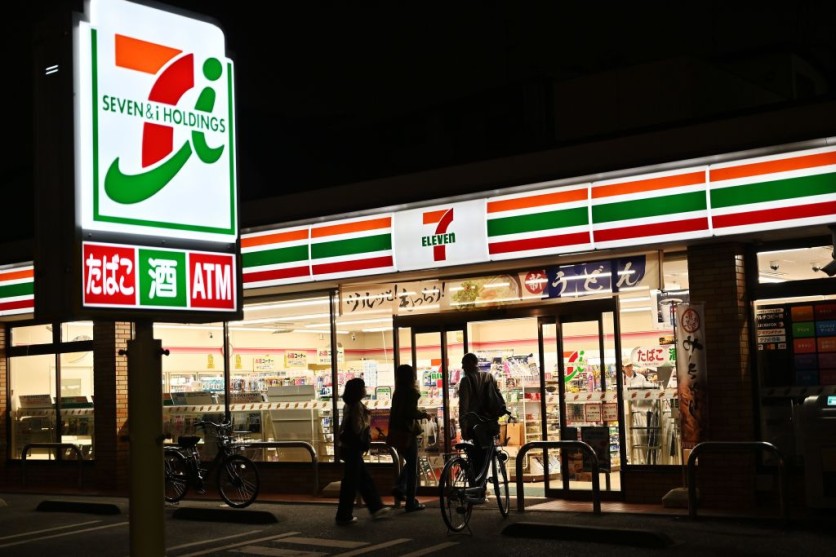Seven-Eleven Japan, the country's largest convenience store chain, is set to introduce unmanned stores in Tokyo and other locations, relying exclusively on smartphone payments.
The initiative comes as a strategic response to the country's serious labor shortage, offering a glimpse into the future of retail convenience (via Nikkei Asia).

7-Eleven Japan Answers Labor Shortage with Unmanned Stores
Faced with difficulties in opening stores in certain areas, such as tower condominiums and inside factories, Seven-Eleven intends to deploy unmanned stores in previously inaccessible locations.
The company has already begun negotiations with approximately 20 interested companies for installations on their premises, with a goal of targeting several dozen unmanned stores throughout Japan.
How the Stores Work
The operational model of these unmanned stores is designed for efficiency and convenience. Customers will enter the store and scan a QR code using a dedicated app.
They can then select their desired items, scan their barcodes using their smartphones, and complete the transaction using various payment methods, eliminating the need for traditional cash registers.
Each unmanned store will be managed by a single employee responsible for essential tasks such as stocking products and managing inventory. The store's footprint will be significantly smaller, approximately 50 square meters compared to the conventional 200 square meters, with a reduced product range of up to 1,200 items.
This streamlined approach aims to enhance operational efficiency and overcome the challenges posed by the current labor shortage.
Japanese Retail Industry Shift
Seven-Eleven's move follows a trend in the Japanese retail industry, with other major convenience store chains like FamilyMart, Ministop, and Daiei actively developing and expanding their own unmanned store offerings.
The push towards smaller, technology-driven stores is seen as a solution to market saturation and a way to improve convenience for customers by eliminating wait times at traditional cash registers.
Notably, the convenience store market in Japan is already saturated with nearly 56,000 stores. The introduction of smaller unmanned stores not only addresses the labor shortage but also opens up new opportunities for store openings in areas where space is limited.
This move also aligns with Seven-Eleven's international strategy, as the company opened its first unmanned store in Seoul, South Korea, in 2022. The store, located in the Lotte Information and Communication building, features an AI-Clerk that engages customers, providing information about special promotions or offers.
This global approach reflects a broader trend in the industry toward integrating technology and artificial intelligence into retail operations.
With a focus on strategic locations, smartphone payments, and streamlined operations, Seven-Eleven Japan is not only addressing the current labor shortage but also shaping the future of retail convenience in Japan.
Stay posted here at Tech Times.
Related Article : Japan Launches New Visa for Digital Nomads: Work Remotely, Explore, Stay up to 6 Months!

ⓒ 2026 TECHTIMES.com All rights reserved. Do not reproduce without permission.




